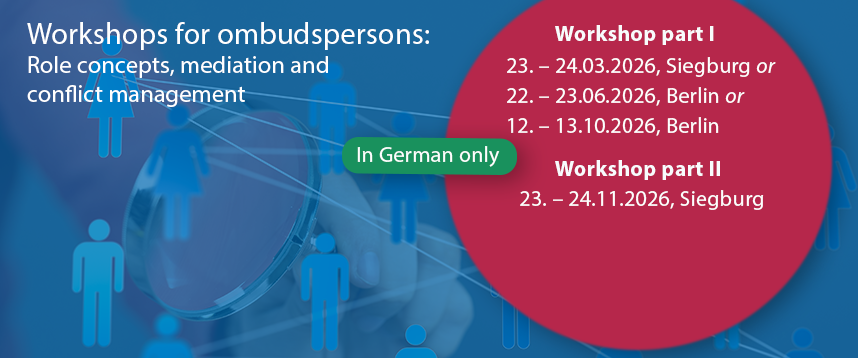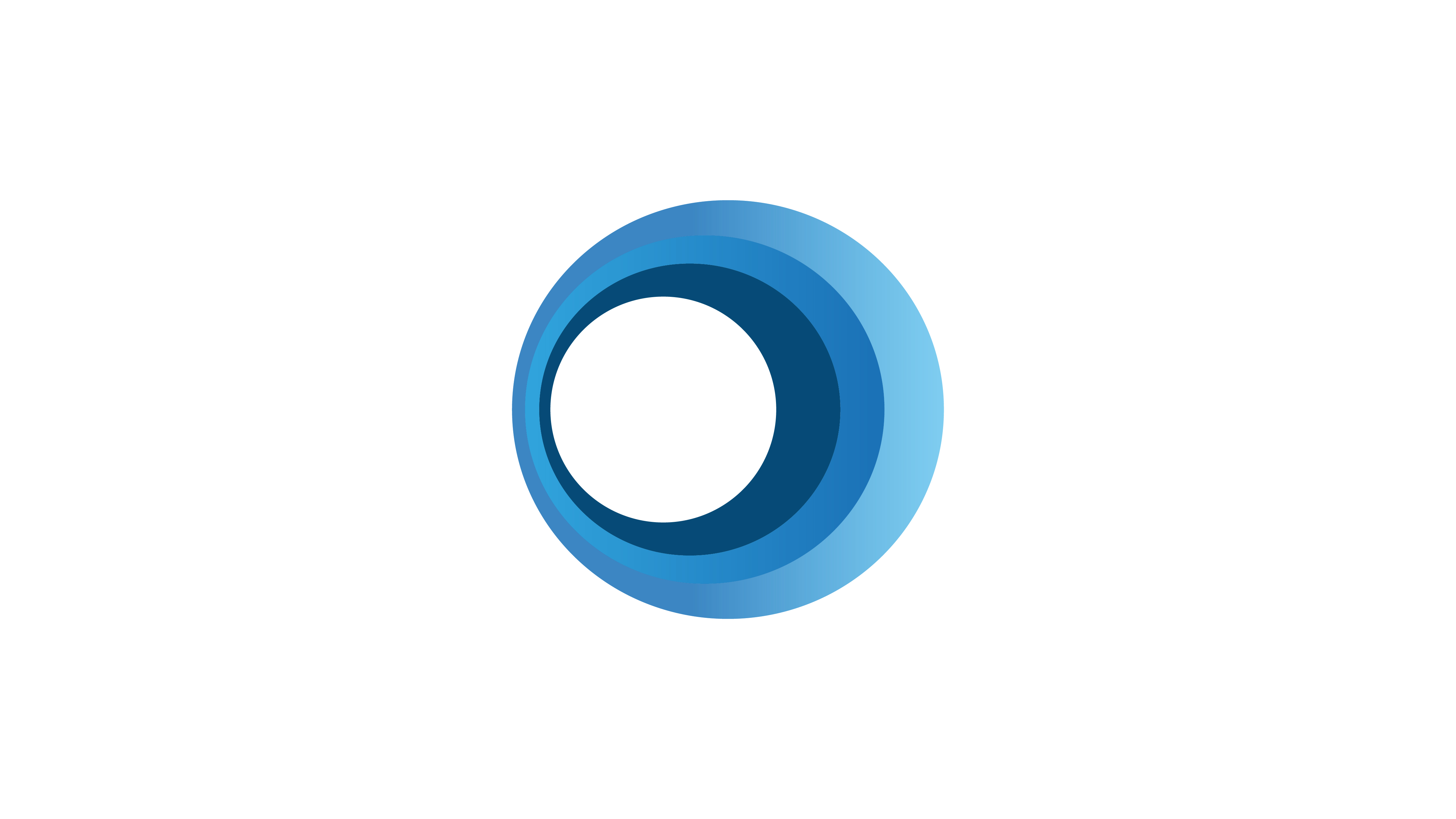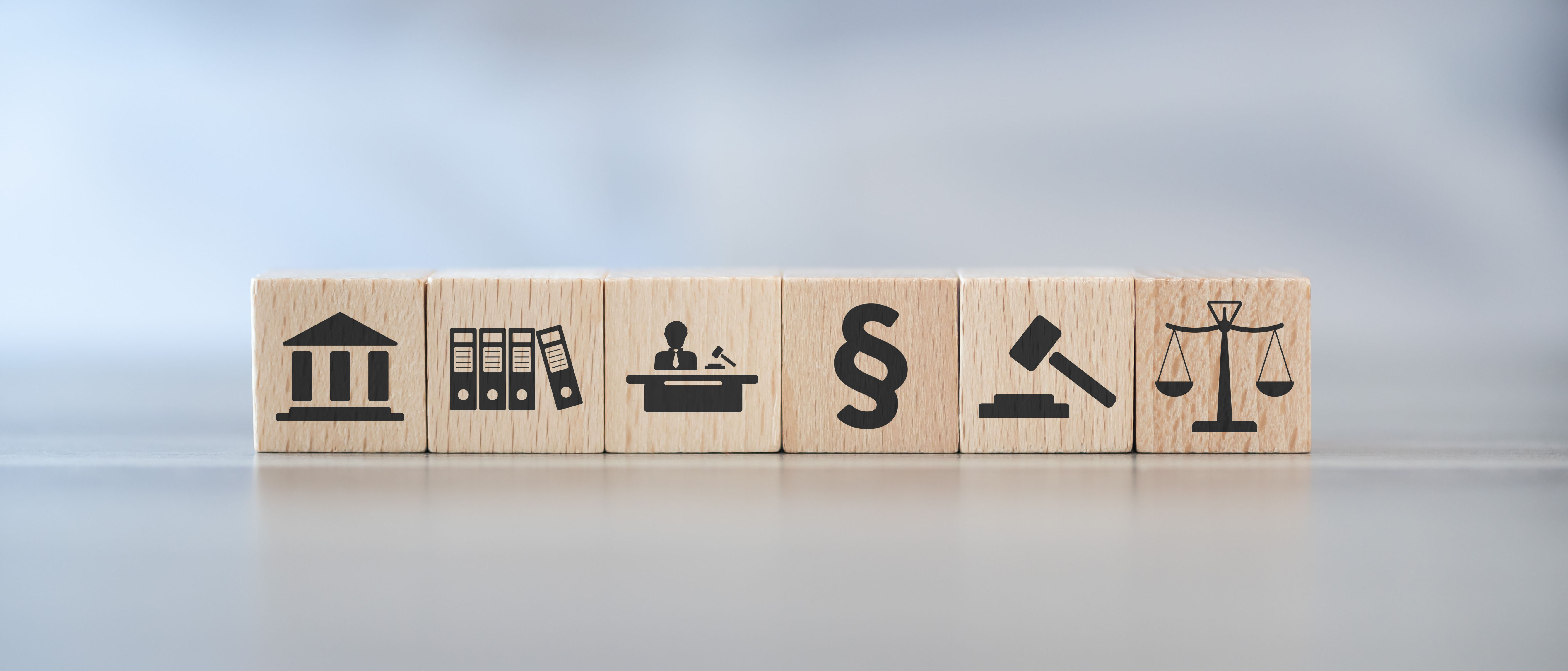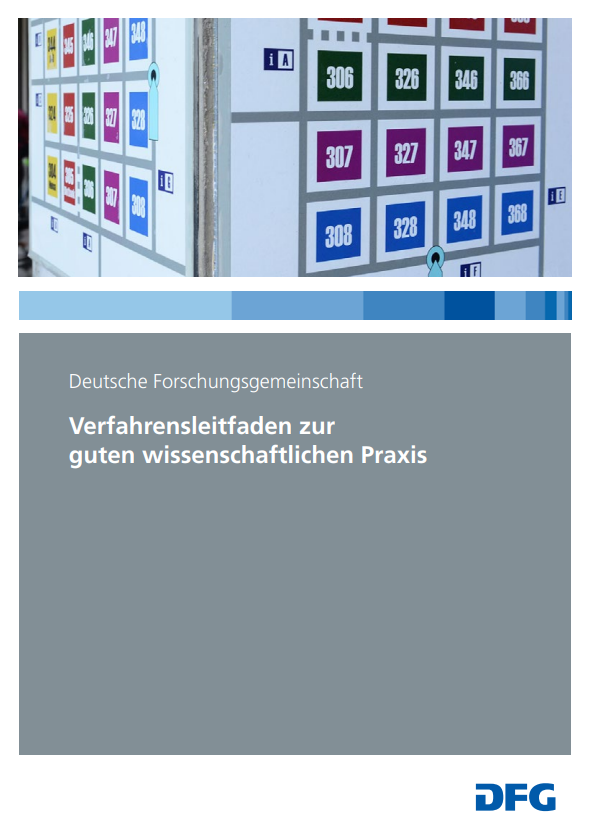Good Research Practice
In its Code of Conduct "Guidelines for Safeguarding Good Research Practice(externer Link), it sets out the overarching requirements that apply to research work. Internal implementation of these guidelines in a legally binding manner is the mandatory basis for the DFG’s funding of research institutions.
On the Research Integrity porta(externer Link), the principles of research integrity undergo a process of continuous elaboration involving the research communities themselves.
In addition, the DFG has Rules of Procedur(interner Link) which it uses to conduct its own investigations when allegations of scientific misconduct are raised.
The DFG finances the Ombuds Committee for Research Integrity in Germany (OWID(externer Link), an independent ombuds committee which operates nationwide and is available to advise anyone with a connection to the German research system.
In addition, the DFG provides training for ombudsperson(interner Link) and also makes teaching materials available so as to ensure that students are introduced to good research practice early on in their studies.






